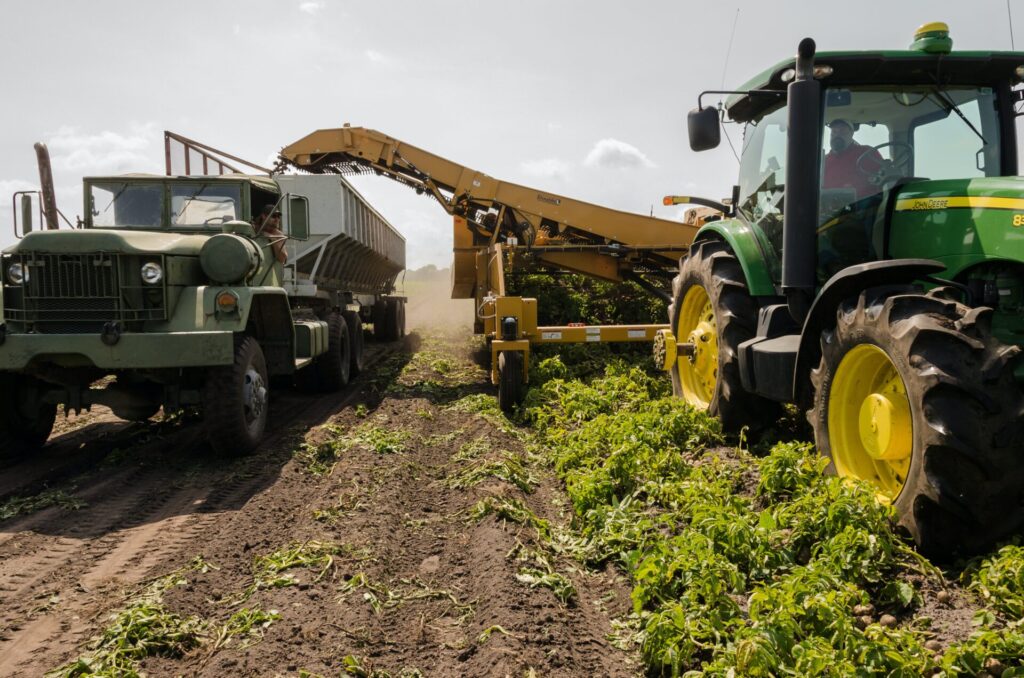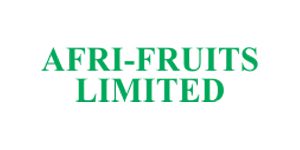What are those crucial missing links?

Africa, long known for its abundant natural resources, is undergoing a paradigm shift. Over the past decade, there has been a growing realization that the key to sustainable economic growth and poverty alleviation lies in transforming the continent from merely a source of raw materials to a hub for processed products.
In this journey, we will explore two potential industries—Cassava and Cashew—and draw insightful comparisons with successful cases in the East, particularly in Thailand and Vietnam. Additionally, we will highlight a success story from East Africa, where the export of processed goods, such as Tea and Coffee, has made a significant impact.
Before delving into success stories, it is crucial to acknowledge the challenges faced by African industries. Internal obstacles, including inadequate infrastructure, limited access to finance, and a dearth of skilled labor, pose significant hurdles. Externally, global market dynamics and competition often hinder Africa’s ability to extract maximum value from its raw materials.
East Asia vs Africa
Let’s focus on two promising industries— Cassava and Cashew. Thailand provides a compelling example of successful Cassava processing. The country has strategically invested in research, technology, and value-added production processes. Unlike Africa, where Cassava is primarily exported as a raw commodity, Thailand has mastered the art of producing starch, ethanol, and other derivatives, catering to global markets.

Similarly, Vietnam has excelled in the Cashew industry. While Africa is a major producer of raw cashews, the lack of processing facilities means missing out on the higher value chain. Vietnam, on the other hand, has invested in processing capabilities, transforming raw cashews into snacks, confectionery, and even cashew oil for international markets.
What are the processes in place?
In Thailand and Vietnam, the success lies in comprehensive value addition. Advanced processing technologies, research and development initiatives, and government support have been instrumental. From developing new crop varieties with higher yields, to employing innovative techniques in processing, these countries have created ecosystems that foster industrial growth.

To replicate this success, African nations need to implement similar strategies.
- Investments in research and development,
- Modernize processing facilities,
- Providing targeted financial support that can catalyze the transformation of industries in Africa.
ShareLovv International recognizes the potential of African industries and is dedicated to finding markets and stakeholders committed to their transformation. By facilitating the exchange of knowledge, technology, and financial resources, ShareLovv aims to empower Cassava and Cashew industries in Africa, bridging the gap between raw material production and processed goods export.
In line with our vision of empowering African enterprises, through the deployment of the right processes and technologies as well as providing exposure to those companies already established looking to scale and reach new markets, we are happy to welcome your company, be it an established or an upcoming enterprises into our network to gain exposure to the latest available opportunities.
In conclusion, Africa’s journey towards becoming a hub for processed products is underway, with lessons to be learned from the successes of Thailand and Vietnam. By harnessing the potential of industries like Cassava and Cashew, and emulating success stories in East Africa’s tea and coffee exports, the continent can unlock new opportunities for economic growth and prosperity.









